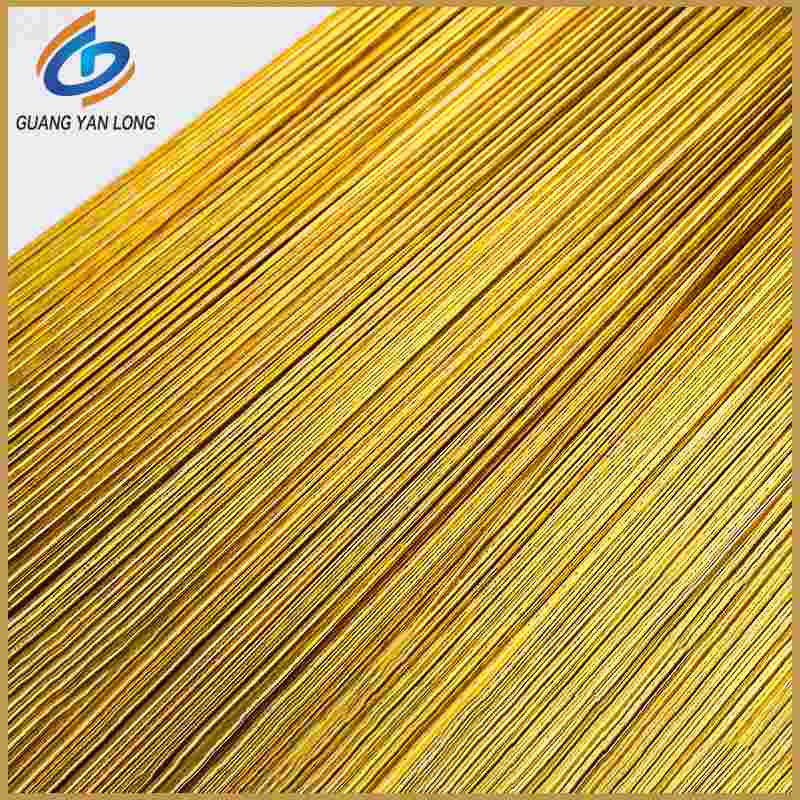Metal fabrication and welding involve the use of Brass Electrodes to join metal. brass electrodes are widely used in these processes due to their efficiency and effectiveness in joining metal parts. By applying various welding methods such as spot welding, seam welding, and resistance welding, metals can be fused together by using brass electrodes to form durable and sturdy assemblies. Let us now take a look at how they are used and what advantages they have.
Spot Welding:
In metal fabrication, especially in motor vehicle and manufacturing industries, spot welding is commonly used. In spot welding, brass electrodes are frequently utilized because they have excellent heat conductivity that results into better heat transfer between workpieces. This allows for quick merging of the surfaces leading to strong welds that can be depended upon in service provision. The longevity of brass electrodes which is not affected by wear ensures prolonged operating time even under stringent conditions.

Seam Welding:
In seam welding, continuous welds run through overlapping sheets or components made from metals. For seam welding purposes brass electrode is ideal since it maintains constant electrical contact with work pieces. This leads to uniform heating distribution along the entire length of welded area resulting into flawless joins with fewer defects. In addition to this, because brass has a high thermal conductivity the process becomes more manageable therefore enabling production of good quality joints.
Resistance Welding:
For resistance type techniques which includes projection welding along with spot as well as seam welding where electric current flows through the resistive gap between workpieces connected by a pair of copper alloys referred to as brass electrodes there exists several options available for use though specifically resistance-type ones demand its utilization thereby making it suitable for such application (Lee 67). They have good electrical conductivities thus allowing them usage during resistance welding operations (ASME & AWS 34). Consequently their superior electrical conductivities allow efficient energy transfer hence rapid heating up as well as fusing of the metal surfaces. Furthermore, brass electrode durability has ensured it operates consistently over many circles of welding leading to high productivity and cost-effectiveness.
Advantages of Brass Electrodes:
In metal fabrication and welding, brass electrodes have some benefits that make them preferable:
High Thermal Conductivity: To enable fast fusion of these metallic surfaces, heat must be transferred quickly through brass electrodes.
Durability: In terms of long-lasting performance under tough welding settings, not vulnerable to wearing out are brass electrodes highly durable.
Resistance to Corrosion: The endurance of the electrodes would increase if they are made from such metals which do not corrode easily hence maintaining quality welds.
Compatibility: An advantage associated with using brass electrodes in different applications concerning metals is their compatibility (Brit 45).
To conclude, brass electrodes play a critical role in facilitating an effective joining process for metal components used in metal fabrication and welding. High thermal conductivity, durability and resistance to wear make them indispensable tools in spot, seam and resistance welding processes. By leveraging on the merits of these brass electrodes manufacturers can attain high-quality welds resulting into enhanced productivity in metalworking operations.